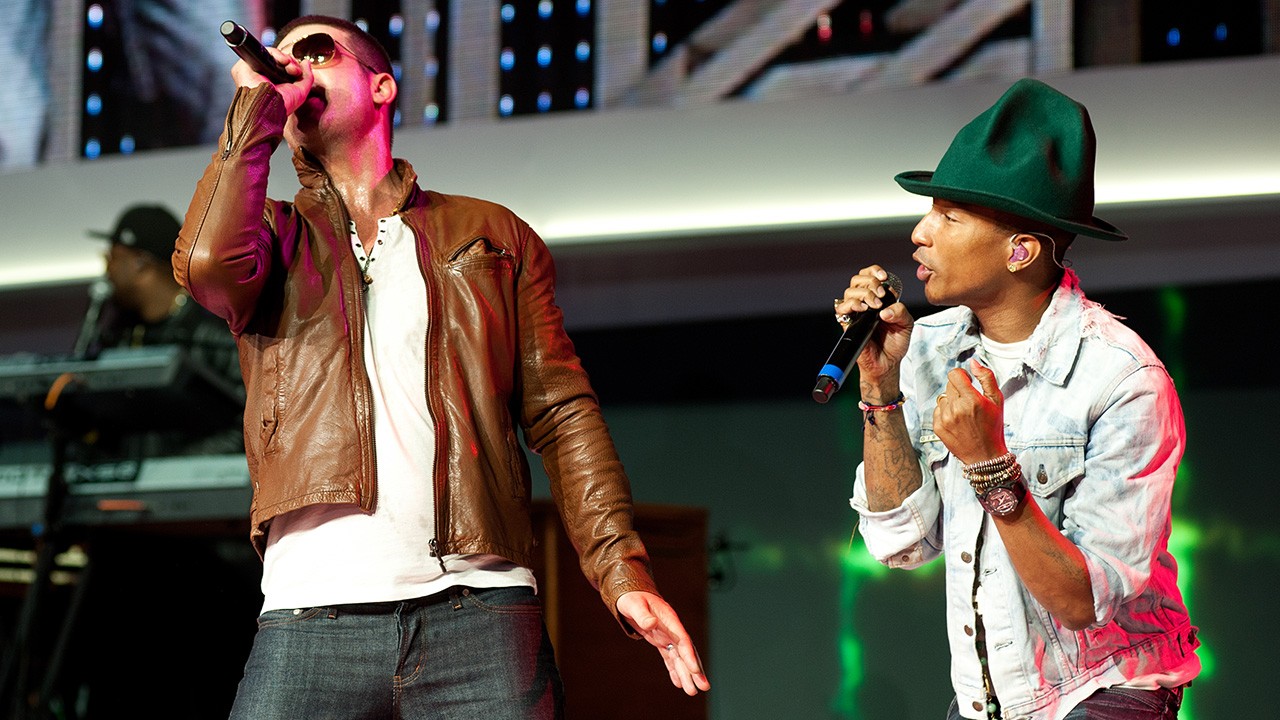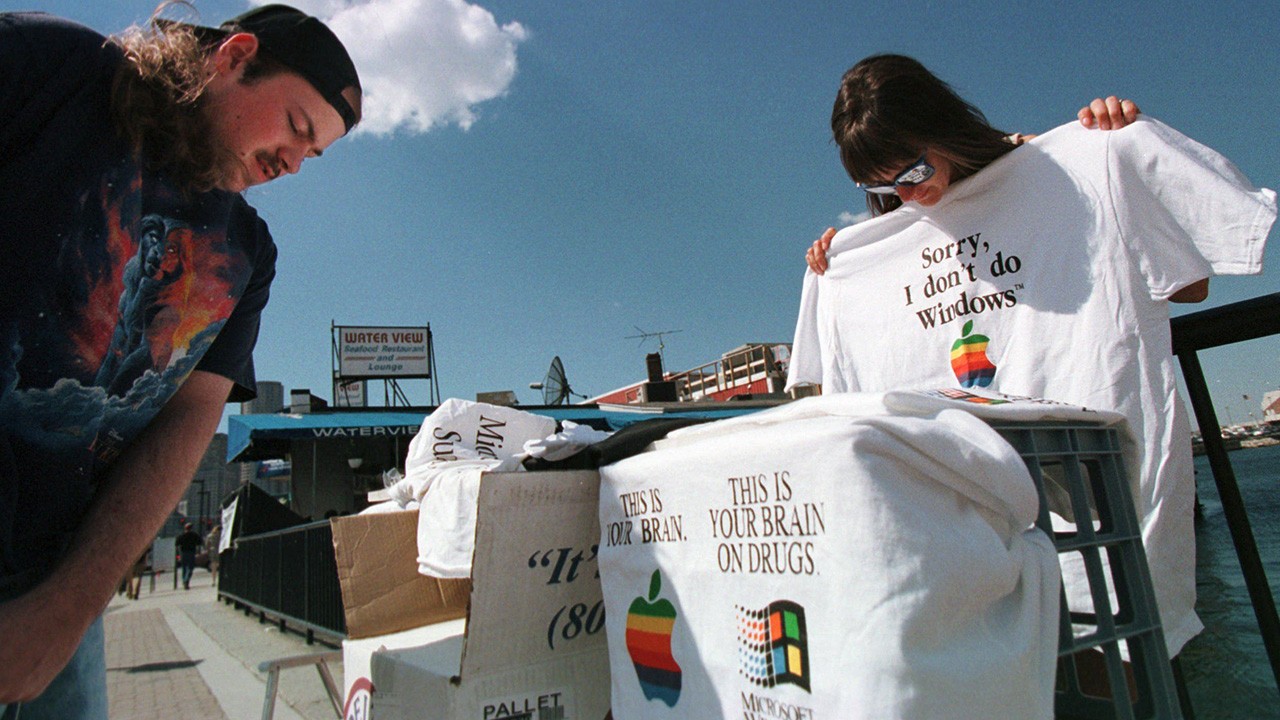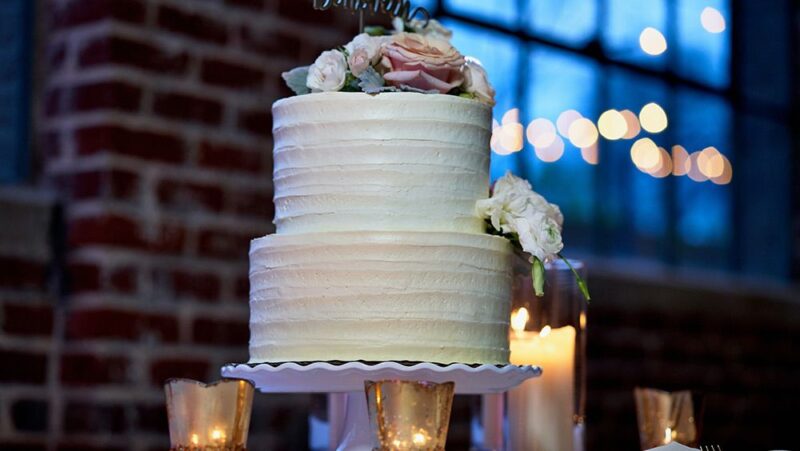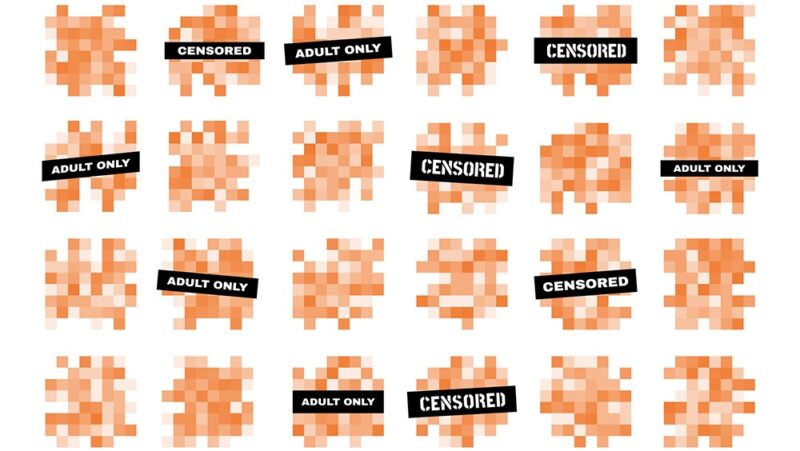Free Expression or Infringement? 10 Famous Copyright Cases to Know

If the First Amendment protects speech, why do we allow copyright laws that punish people for engaging in their own form of speech? After all, my creative expression is protected by the First Amendment, isn't it? Should I lose that protection just because I might have created something that looks like someone else's work? Those are good questions to ask and explore as we highlight famous copyright cases in the U.S.
It's true that the First Amendment broadly prevents the government from punishing people for what they say, write, sing and wear (with some exceptions). This also includes parody, satire and art criticism.
But taking someone else's work, presenting it as your own, and making money from that is not necessarily protected because then people would have no financial incentive to create, market and sell new things. That's a real concern and justifies copyright laws as a means of ensuring broad creativity.
Copyright protects creative works like books, songs, movies, games or paintings – like the lyrics and music in the Broadway musical "Hamilton." Other laws protect company logos and taglines (trademarks) and inventions (patents). A person owns copyright from the moment they create an original and permanent piece of expression of these types or others defined by federal copyright law. Getting a federal copyright registration isn't necessary. It just helps you protect your copyright by providing notice to people who might use your expression without permission and, better yet, by allowing you to go to court to protect your copyrighted work. Copyright, trademarks and patents are similar, but there are important differences to understand.
Discover 10 of the most famous copyright cases in pop culture history
It's said that imitation is the sincerest form of flattery. While being inspired by someone else's work may be free expression, copying it too closely is not. These famous copyright cases show this balance in action.
Queen and David Bowie v. Vanilla Ice
Music and copyright go together like Sonny and Cher. At the top of most famous copyright cases lists is that of rock legends David Bowie and Queen against rapper Vanilla Ice. If you've ever heard the opening seconds of Ice's 1990 hit "Ice Ice Baby" and thought it could be Queen and Bowie's "Under Pressure," you wouldn't be alone. Queen and Bowie sued for copyright infringement. Ice didn't hide the fact that his song sampled "Under Pressure," but he said the bass line made it different. The sides settled out of court. Ice gave Bowie and Queen a songwriting credit.
Napster v. … basically the entire music industry
Before Spotify, Pandora, Tidal, Apple Music or any other streaming service, there was Napster. What started in 1999 as a computer enthusiast's way of sharing digital music files online became a threat to the music industry's business model. The heavy metal band Metallica sued Napster and its founder Shawn Fanning for violating copyright laws and racketeering in allowing users to share music files with each other. Major record companies followed with their own suits. Napster was found guilty, paying more than $25 million in damages.
Marvin Gaye estate v. Robin Thicke and Pharrell Williams
Soul singer Marvin Gaye died in 1984, but his family and estate have spent years protecting his music. A lawsuit claimed the 2013 hit song "Blurred Lines" from Robin Thicke and Pharrell Williams ripped off Gaye's 1977 song "Got to Give It Up." Gaye's estate won, eventually being awarded $5 million. On the other hand, British singer-songwriter Ed Sheeran won a similar lawsuit that claimed he had stolen elements of Gaye and co-writer Ed Townsend's "Let's Get It On" for his song "Thinking Out Loud."

Robin Thicke and Pharrell Williams perform on stage in 2014.
John Fogerty v. … himself?
Creedence Clearwater Revival was one of the biggest bands of the late 1960s and 1970s. Frontman John Fogerty's distinctive voice led a generation of anti-war anthems. When he left the band for a solo career, his voice and songwriting went with him, but not the rights to CCR songs. Fantasy Records owned them and sued Fogerty over his solo song "The Old Man Down the Road" for sounding too much like the CCR song "Run Through the Jungle," which Fogerty wrote. Fogerty won the copyright claim at trial, where he sang and played guitar on the stand. Though he won the lawsuit, he spent more than $1 million in legal fees to get there. So, he sued Fantasy Records to force them to pay those legal fees. That prompted an appeal to the Supreme Court, which ruled in Fogerty's favor.
"Playas Gon' Play" writers want Taylor Swift to knock it off
Taylor Swift's "Shake It Off" is a reminder of what to do in the face of criticism. But what about a copyright lawsuit? Songwriters Sean Hall and Nathan Butler sued Swift in 2017, alleging the song and its lines about "players gonna play" and "haters gonna hate" stole lyrics from their 2001 song "Playas Gon' Play," written for the R&B group 3LW. Swift said the lyrics in her song were common sayings and that she was unfamiliar with the 3LW song. Outside of the lyrical snippet, there was no musical similarity between the two songs. The case was dismissed in 2022 one month before trial.
Star Wars strikes Battlestar Galactica
"Star Wars" may have been set in "a galaxy far, far away," but the lawyers at movie studio 20th Century Fox follow U.S. law. After the success of "Star Wars" in 1977, rival Universal Studios released the TV show "Battlestar Galactica," which caught the attention of (and awakened The Force inside) Fox. Battlestar was too similar in theme, Fox claimed. A prominent visual effects artist who worked on "Star Wars" was fired by George Lucas and went to work on the sci-fi show. Universal countersued, saying Fox had taken ideas from previous space-themed science fiction. The case was set for trial in 1983, but both sides settled out of court.
Apple v. Microsoft
Before they were mainstays of everyday life, Apple and Microsoft were young companies trying to make their mark on the early personal computer market. In 1988 Apple sued Microsoft, saying the Bill Gates-led company stole Apple's graphical design for Windows 2.0. It was eventually explained as a misunderstanding. Microsoft technically had permission from Apple, and a court ruled in favor of Microsoft. Apple tried unsuccessfully to appeal several times. Much of the early-1980s drama between the two companies, and their famous founders, is explored in the 1999 movie "Pirates of Silicon Valley."

Sidewalk vendor selling anti-Windows t-shirts in 1997.
Viacom v. YouTube
In 2007, less than a year after Google bought YouTube, the companies were hit with a $1 billion copyright suit. Viacom, which owns MTV, CBS, and Comedy Central, said YouTube was wrongly taking clips from shows it owned and making money off them, accusing it of "massive intentional copyright infringement." YouTube said that as a platform, it was not responsible for what people posted, and the legal responsibility fell on users. The case tested the limits of the 1998 Digital Millenium Copyright Act, which aimed to protect internet platforms from liability for what users posted. A series of decisions and appeals favored YouTube and Google. The companies finally settled out of court in 2014.
Associated Press v. Shepard Fairey and the Obama "HOPE" poster
Anyone who followed the 2008 presidential campaign encountered a red, white and blue rendering of candidate and eventual President Barack Obama with the word HOPE at the bottom. It was everywhere. The Associated Press took exception, claiming artist Shepard Fairey used one of their photographer's photos and improperly used it to make money for himself, without compensating the AP. Fairey sued the AP, saying he was engaged in a "fair use," a legal defense to a copyright infringement lawsuit. They settled and agreed to share the rights. In a twist, Fairey later admitted to destroying evidence and to creating other fake evidence. He received two years' probation and 300 hours of community service.
Naruto and PETA v. Slater (aka "the monkey selfie")
Can a photographer violate copyright law with pictures from their own camera? Do animals have rights of ownership? Those questions followed the unique case of wildlife photographer David Slater. While taking pictures in an Indonesian wildlife reserve, he set down the camera long enough for a macaque monkey named Naruto to grab the camera and take a selfie. Slater published the photos, which spread widely. Animal-rights group PETA sued Slater, saying he had violated the monkey's copyright ownership; after all, whoever takes the photo immediately owns the copyright – and Naruto took the picture. (Slater argued that he really "took" the photo by setting the camera up to the point where anyone – or any animal – could simply press a button, a basic and automatic action.) A judge dismissed the case, saying Naruto wasn't covered by U.S. copyright law because the copyright is owned by the person who takes the picture – and Naruto wasn't a person. PETA appealed and both sides settled. Slater agreed to give 25% of earnings from the photos to groups protecting macaques in Indonesia.
Famous copyright cases and the First Amendment
The First Amendment broadly protects speech and many forms of artistic expression. Copyright laws prevent taking someone else's work and presenting it as your own – also known as plagiarism. A Freedom Forum guide on speech that is and is not protected by the First Amendment explains copyright and plagiarism this way:
"If you copy someone else's writing, speech, art, music or choreography without permission, that person can sue you for 'trespassing' on their property. The court can order you to stop your copyright infringement and fine you. Copyright law protects property rights for creators to give people an incentive to create more expressions."
That limit on free speech is at the center of the famous copyright cases highlighted above – and in all cases.
With artificial intelligence tools like ChatGPT, DALL-E and others quickly changing how creative work is made and shared, a new era of copyright law and cases is coming. The question isn't if AI will affect music, art, writing, film, news, software and all creative expressions, but to what extent laws need to change as the next generation of copyright cases unfolds.
Scott A. Leadingham is a Freedom Forum staff writer.
Half-Baked? The Supreme Court Decision on Masterpiece Cakeshop
Is Obscenity Protected by the First Amendment?
Related Content

